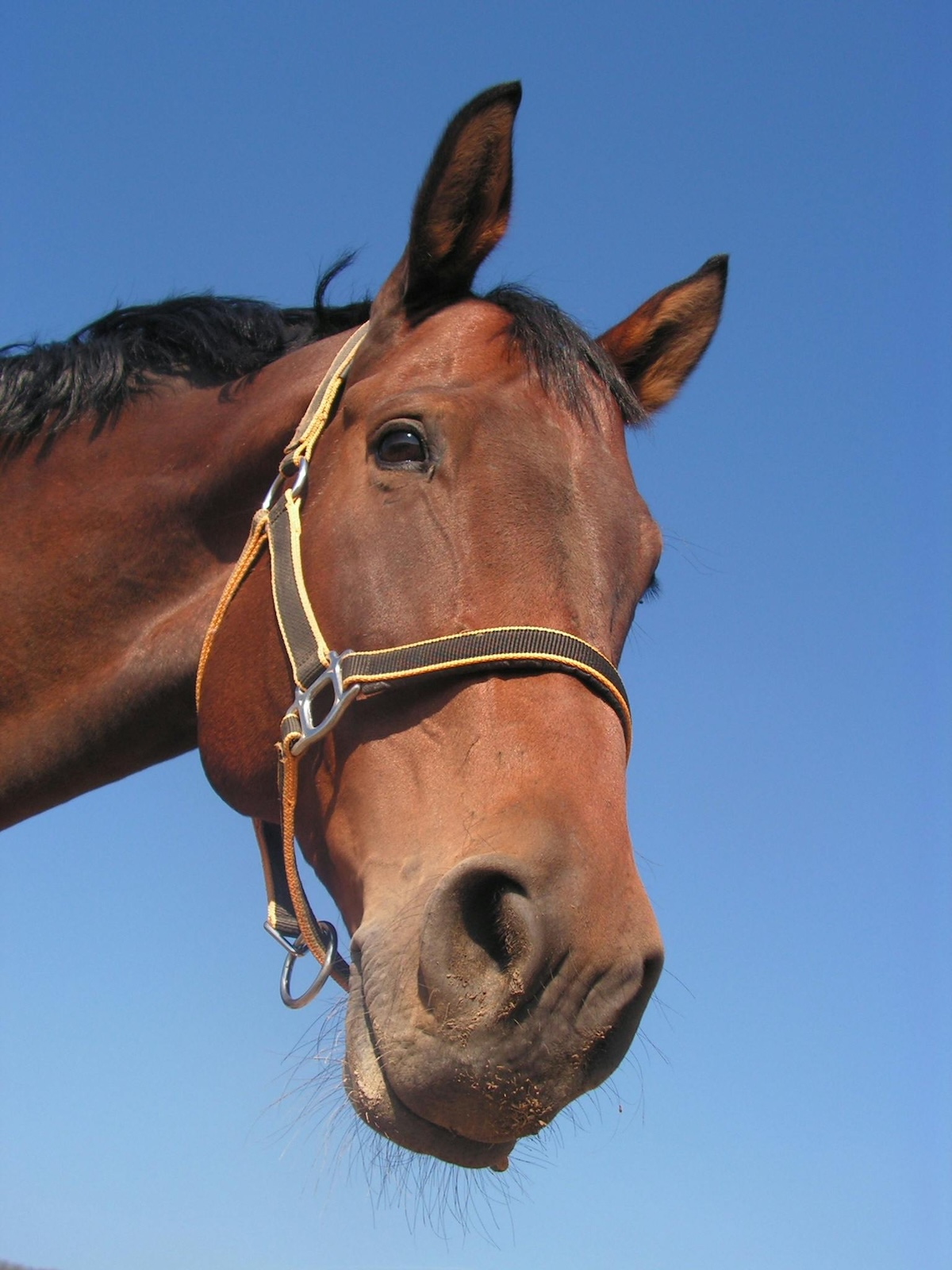Finding effective recovery methods can significantly improve outcomes for individuals facing physical, mental, or emotional challenges. Hippotherapy, a specialized form of equine sessions, has emerged as a powerful tool for enhancing recovery in various contexts.
In this blog, let’s find out how to maximize your recovery journey with HippoTherapy.
Visit delacruzfarms.com to learn more about our services. Your support can help us continue to provide essential session services and community outreach in Deep Gap, North Carolina.
Understanding HippoTherapy
HippoTherapy involves the use of horse movement as a therapeutic intervention. The term “hippo” comes from the Greek word for horse, reflecting the therapy’s reliance on equine partners.
Unlike recreational riding, HippoTherapy is conducted by licensed therapists trained to integrate the horse’s movements into a therapeutic program tailored to individual needs.
Learn more about hippotherapy here.
1. Leveraging the Horse’s Natural Movement
The horse’s rhythmic, repetitive, and multidimensional movement is the cornerstone of HippoTherapy. This movement stimulates the rider’s nervous, muscular, and skeletal systems in a way that mimics human walking.
By engaging in HippoTherapy, individuals can improve their posture, balance, and coordination, which are essential components of physical recovery.
2. Enhancing Sensory Integration
For individuals with sensory processing issues, HippoTherapy provides a unique opportunity to enhance sensory integration.
The sensory experience of being on a horse—feeling its warmth, movement, and rhythm—helps individuals process and respond to sensory information more effectively. This integration can lead to improved attention, behavior, and emotional regulation.
3. Building Core Strength and Stability
Riding a horse requires continuous adjustments in posture and muscle engagement, especially the core muscles. These adjustments help build strength and stability in the core, which is critical for overall physical health and recovery from injuries or surgeries.
Strong core muscles support the spine and contribute to better mobility and function.
4. Boosting Emotional Well-being
Horses are known for their calming presence and ability to mirror human emotions. This connection can have a profound impact on emotional well-being. Engaging in hippotherapy can reduce stress, anxiety, and depression while boosting self-esteem and confidence.
The bond formed with the horse during healing sessions can be particularly healing for individuals recovering from trauma or emotional distress.
5. Improving Cognitive Function
The cognitive demands of riding—such as planning, sequencing, and problem-solving—can enhance cognitive function. Individuals participating in HippoTherapy are often required to follow directions, make decisions, and anticipate the horse’s movements, all of which stimulate cognitive processes.
This cognitive engagement can support recovery in individuals with neurological conditions or cognitive impairments.
6. Promoting Social Interaction
Hippotherapy often involves a team of therapists, horse handlers, and sometimes other participants. This social aspect of the healing encourages communication, cooperation, and social interaction.
For individuals who may feel isolated due to their condition, the social environment of HippoTherapy can be a valuable component of their recovery.
7. Tailoring the Therapy to Individual Needs
At De la Cruz Farms, our approach to HippoTherapy is highly individualized. We work closely with each participant to understand their specific goals and challenges.
By tailoring the therapy to meet individual needs, we can maximize the benefits of HippoTherapy for each person’s unique recovery journey.
Visit Us!
If you or a loved one could benefit from HippoTherapy, we invite you to explore the healing power of horses at De la Cruz Farms. Our compassionate team is here to guide you on your path to recovery.
Other articles to read:

